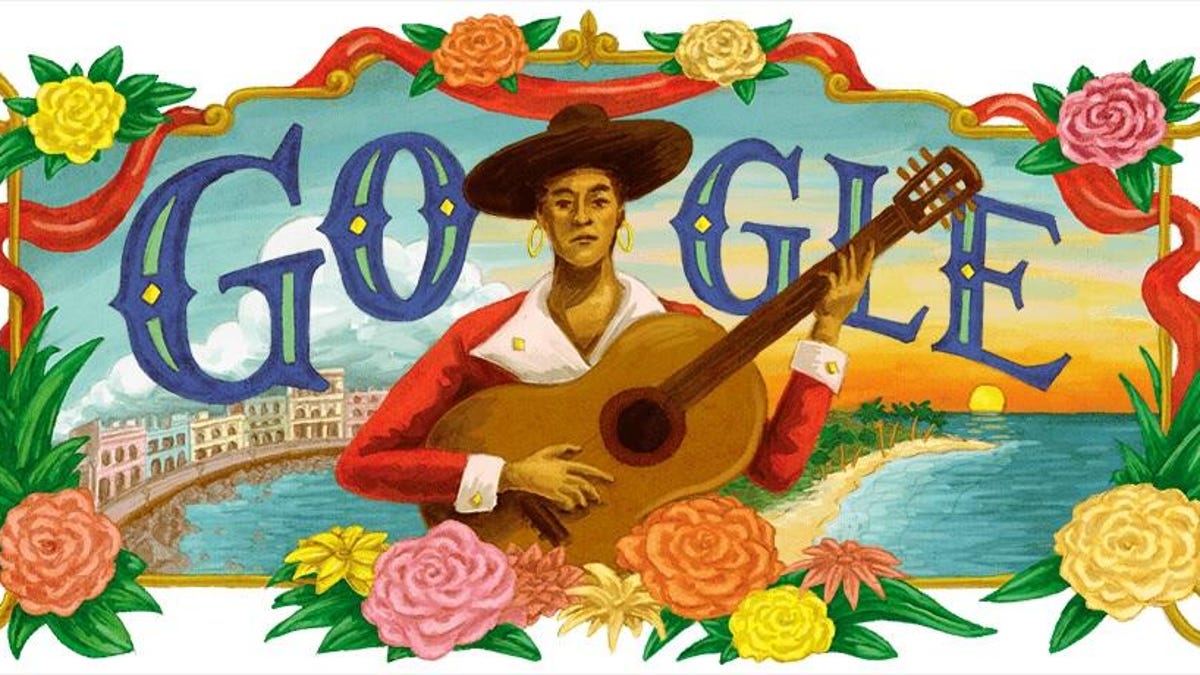Google Doodle honors Cuban musician María Teresa Vera
The singer, guitarist and composer helped define a rural folk-style music known as Trova, named for the traveling musicians who played the music.

Google honors the contributions of Cuban musician and singer María Teresa Vera with a Doodle on the 125th anniversary of her birth.
María Teresa Vera was one of Cuba's most influential musicians. The singer, guitarist and composer helped define Cuba's Trova, a rural folk-style music made popular in the 19th century by traveling musicians known as troubadours.
To honor Vera's contribution to popular Cuban music, Google dedicated its Doodle on Thursday to the musician on the 125th anniversary of her birth.
Born in in 1895 in Guanajay, Cuba, Vera began her musical career as a singer at the age of 11. She soon began to learn the guitar under the tutelage of a cigar roller named Jose Diaz, who taught her different playing methods as well as many of his compositions.
Vera would go on to form several successful duos and bands that performed both original compositions as well as interpretations of other styles of Cuban music, helping to popularize Cuban music around the world in the 1930s and '40s.
Silvio Rodriguez, a Cuban musician and leader of the Nueva Trova movement, said Vera had a voice "was without vibrato, dry; hitting the notes, only prolonging a note so as to slide from one tone to another, which gave [her voice] a grace, or, much better, a singular character."
Vera died in Havana in 1965 at the age of 70.
Thursday's Doodle was created by Doodler Erich Nagler, who said his interest in Vera began with the contemporary musicians of the Buena Vista Social Club and eventually working its way back to the influence she had over Cuban musicians and singers who followed in her footsteps.
"I was interested to discover that she was a 'trova' musician, or 'trovador,' who traveled around Cuba playing her compositions and other popular songs," Nagler told Google. "These traveling musicians helped to spread stories, styles, songs, and ideas throughout the tropical island nation and also around the world."
While the Doodle originally appeared on search results in the US and Cuba, it's since been reserved to those in the island nation.

